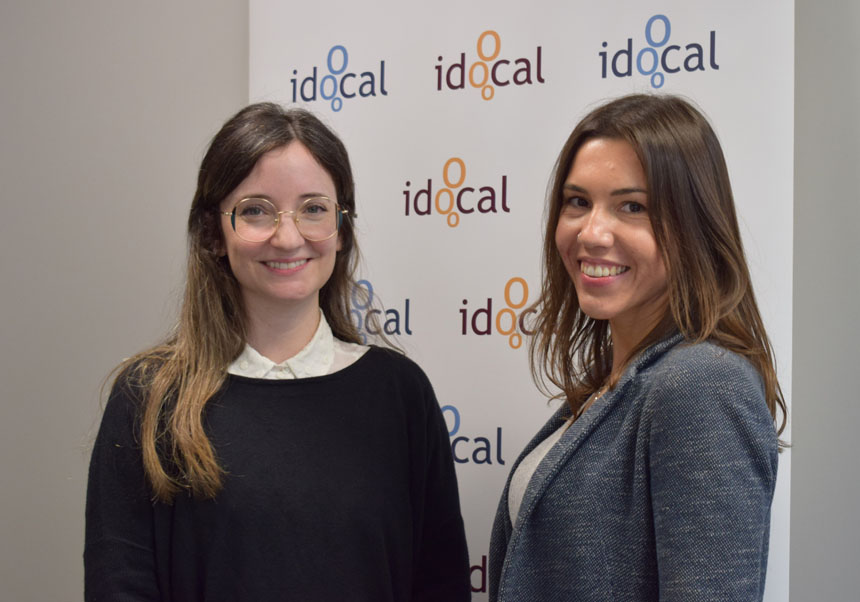
A study by IDOCAL (Research Institute in Psychology of Human Resources, Organisational Development and Quality of Work Life) of the University of Valencia concludes that women have higher levels of performance and green behaviours in social economy organisations, especially in cooperatives. The work, led by Esther Villajos, also confirms that environmental commitment is higher in young people and that women have the highest levels of eudaimonic well-being (purpose in life and personal growth).
Furthermore, although this type of organisation is more equitable, it is men who continue to receive more financial compensation than women, which is why the general Spanish wage gap also exists in them. Likewise, green practices are the most resistant and most difficult to implement in this type of company.
The novelty of this study, “Sustainable people management in social economy organizations” is that the three legs of sustainability are analysed at the same time, in social economy companies: the performance part, the well-being or social part, as well as the environment. This analysis is carried out from a psychological perspective, treating individual workers in cooperatives, insertion companies or special employment centres, among others. To this end, a sampling was carried out with 1,589 working people in entities of the Spanish social economy, representative of the Spanish population by gender, place of work and level of education.
“With this report we frame human resources management within the paradigm of sustainability, Corporate Social Responsibility (CSR) and sustainable development objectives, placing special emphasis on the issue of gender and age management in organisations of the social economy. This report serves to achieve sustainability in people management, in any company”, highlights Esther Villajos, also a professor at the Department of Social Psychology at the University of Valencia.
The study, funded by the Department of Education, Universities and Employment of the Valencian Government and in which the universities of Zaragoza, Brasilia, Mondragón and International of Valencia and the business schools ESIC and BSM-UPF have also participated, confirms that the organisations of the social economy are organisations other than private companies or public entities. In them, and regarding sustainable human resources practices, “it has been seen how, on average, people perceive more support practices than performance or green practices”, as these are companies that are “much more horizontal, democratic, and where economic objectives are not always those that prevail or direct the organisation”, according to the study.
In terms of well-being, women are those who have reported the highest levels of eudaimonic well-being. “This is very interesting since previous literature did not find conclusive results regarding gender.” Regarding performance, it is also confirmed that it is older people who report higher levels of performance. Regarding specific issues, the associated labour cooperatives are those that have the most differences with respect to the rest of the entities of the social economy or the special employment centres are where women receive a more competitive salary, something that does not happen in the other entities. Also notable is the high percentage of people who can telework in this type of organisations, ranging from 28% (in the rest of the cooperatives) to 46.2% (in the associated worker cooperatives).
Methodology
The research team led by Esther Villajos has carried out a double process of collecting information. First through an online platform with a previously designed ad hoc questionnaire. Subsequently, they contacted various social economy entities so that their workers could answer the questionnaire. After that, the sample was analysed taking into account gender, age, company type, professional category or sector, among others.











